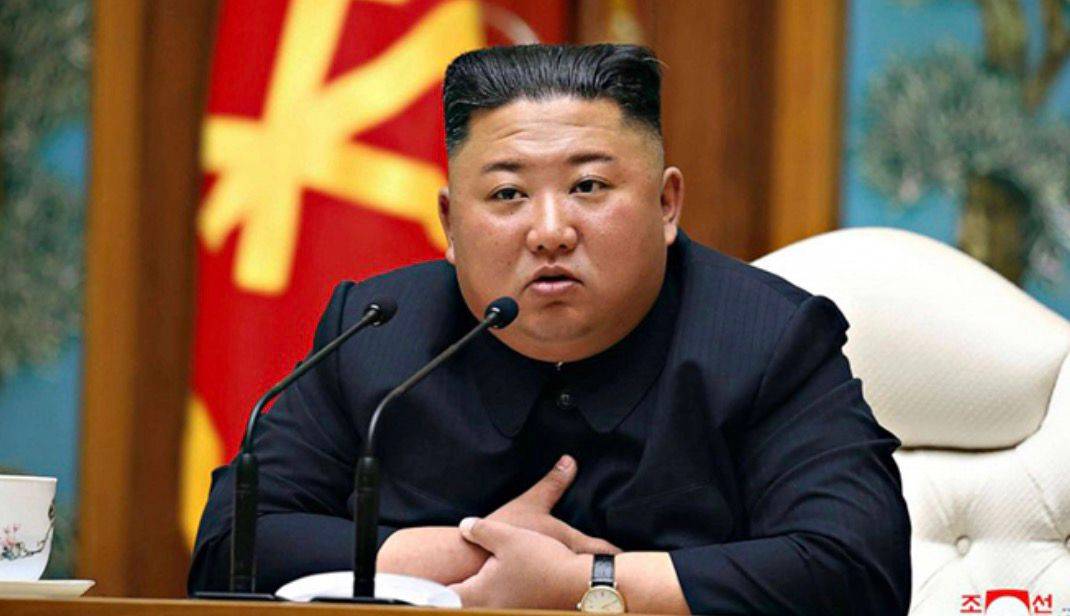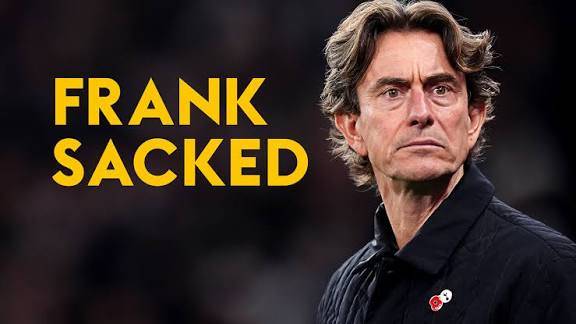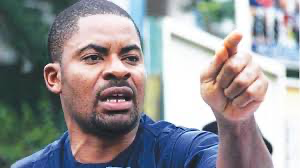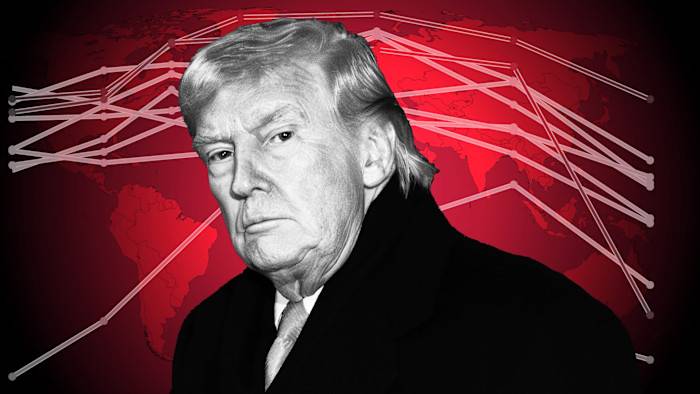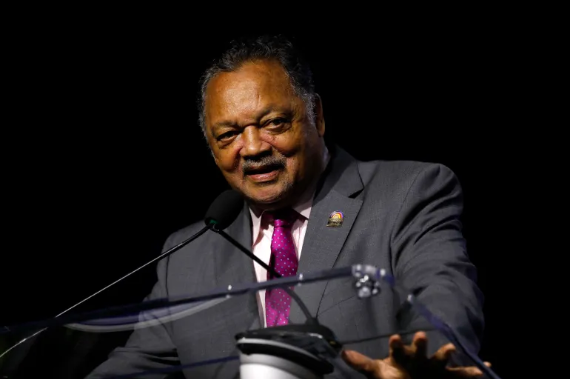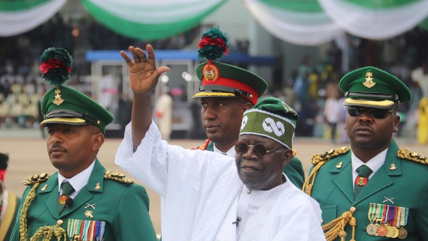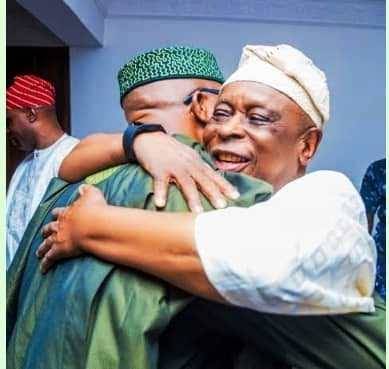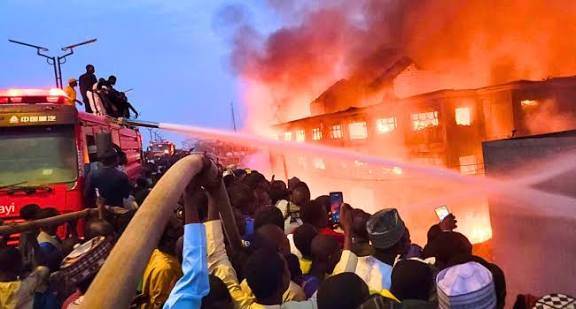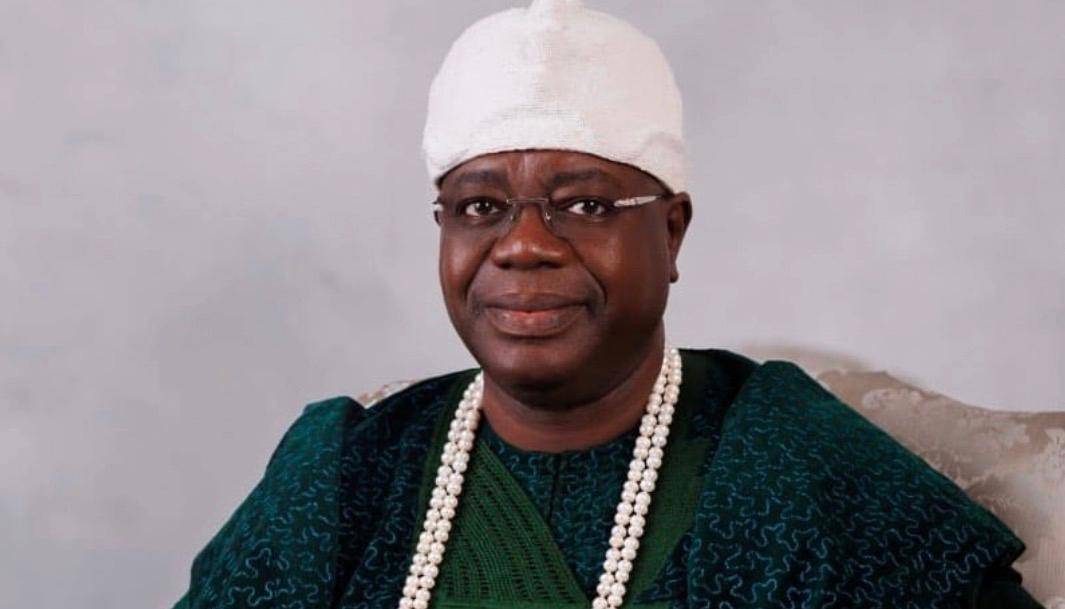By Adekunle Ade-Adeleye
Even without the Federal High Court in Ekiti admitting activist and politician Dele Farotimi to bail in the cybercrime bullying case brought against him by the Nigeria Police, it was inevitable that the Ekiti State Magistrate Court where he is standing trial for criminal defamation would also grant him bail. The police are prosecuting him pursuant to the complaint of legal icon and educationist Afe Babalola, 95. The Federal High Court set, among other terms, a bail sum of N50m, while the Magistrate Court set bail at N30m. Mr Farotimi is unlikely to face any difficulty in meeting the terms of the bails. Indeed, his former boss to whom he was presidential campaign spokesman, Peter Obi, has offered to help him meet the terms.
Clearly, going by how he pumped his fist outside the Magistrate Court in the midst of his euphoric supporters, he is not going to beg anyone he has allegedly libeled in his penny dreadful book, Nigeria and its Criminal Justice System. He may have, in the estimation of many Nigerians, particularly the Obidients and anti-establishment activists and civil society organizations, written himself into a storm, but all his adult life as a lawyer, he has been shrill in lampooning anyone he did not take a fancy to, especially government. He had hankered after a cause célèbre, now he has found one. He will milk it to the bitterest dreg in his legal jousting with Chief Babalola. He was reported to have suggested that should he face a suit over his trenchant and perhaps tendentious views, the case would drag on until the complainant passes away.
He has been admitted to bail, partly on the condition that he must not grant press interviews. Like the Indigenous People of Biafra (IPOB) leader, Nnamdi Kanu, he would find it irresistible not speaking to the media, obliquely or undisguisedly. It is in his nature to posture, and as his December 20 bail hearing indicated, he cannot resist the glare of publicity. Leading Obidient intellectuals, their foot soldiers, and surprisingly an undistinguished faction of the Yoruba political and socio-cultural organisation, Afenifere, had all warned before Friday that should the Magistrate Court decline to grant Mr Farotimi bail, they would embark on street action. It was an empty threat: they knew the offence Mr Farotimi was charged with was bailable, and they knew after the Federal High Court had given him bail that the lower court could not conceivably refuse him. By threatening fire and brimstone, like the man in the eye of the storm himself, they were just posturing.
The collective assault on the judiciary is saddening. How does a simple defamation case, whether criminal or civil, become a celebrated case in which the complainant is demonised and the accused is lionised? Before, during and after the presidential election, the judiciary had been pummeled and intimidated. Because it has its own flaws like all other institutions, it has been unable to respond adequately to the calumniation orchestrated by some ethnic irredentists, civil society organisations, and lately Obidients. The Farotimi case is a continuation of the intimidation of the judiciary and an indication that political reasons are at the base of the abuse of judges. Because the calumniators have got away with murder on social media, the intimidation is unlikely to stop. It will, therefore, be up to individual judges to stare down their traducers and insist on judging cases on their merit.
By offering to help Mr Farotimi meet his bail terms, Mr Obi, a former presidential candidate of the Labour Party (LP), lends credence to the suspicion that a carefully wrought agenda to undermine the judiciary was being undertaken. Whether the suspicion is true or false, Mr Farotimi and his supporters, including Mr Obi, will continue to view every case judged against them as the product of judicial compromise. As the criminal defamation and cybercrime cases continue, every court appearance will be an opportunity for Mr Farotimi to engage in legal histrionics. Since the Obidients are a captive audience led by the nose, they will also use the appearance to scandalise the courts. This pull and push on a national scale will likely continue for some time, aided by social media and an undiscriminating traditional media. Few persons will be concerned that Mr Farotimi and his supporters are playing a political card, a tactic they will deploy to the hilt as the cases drag on and evidence become scarcer to find or more arduous to present.
But it must concern the courts that this case should not be allowed to drag on for much longer than necessary. Not only is the complaint registered by Chief Babalola of such huge legal and societal consequence, to leave it unresolved for an extended period is to entrench the injury complained about as well as subordinate justice to politics. Hopefully the cases would be heard with despatch, and the cause of justice served. If Mr Farotimi is exculpated, so be it. But if Chief Babalola gets the upper hand, the courts must not be swayed by mob intimidation to hem and haw on suits that are likely to define public behavior and political relationships in the years ahead.
Culled from The Nation



